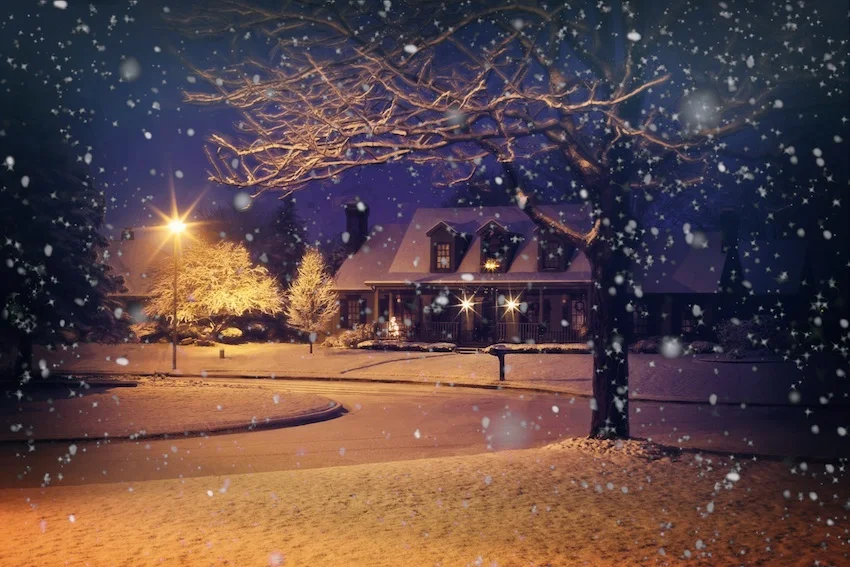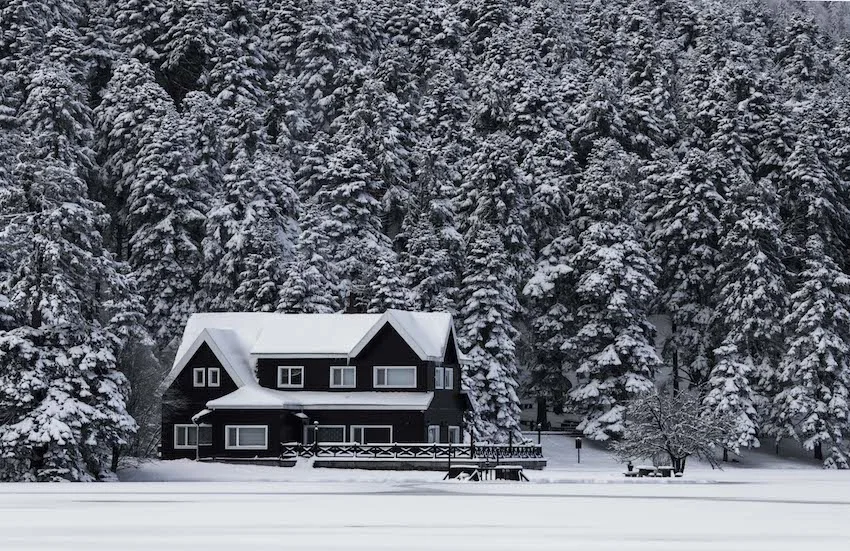Tax season is upon us and as Benjamin Franklin once said, “in this world, nothing can be said to be certain, except death and taxes.” Unfortunately, HOAs are no exception.
If you serve on the Board of Directors for your neighborhood’s HOA, and especially if you’re the treasurer, it might mean significantly more stress. However, there are ways to lighten the load.
A resourceful, client-focused property management company in Atlanta like Heritage Property Management understands HOAs, non-profits and how to confidently and accurately assist you by answering any relevant questions you might have.
To get you started, below are some of the most common questions and answers associated with filing taxes for an HOA.
Common Questions about HOA Taxes
+ When are HOA taxes due?
“For the calendar year associations, the due date is April 15 (formerly March 15th), although it can be extended for 6 months (until October 15th) by filing an extension form (IRS Form 7004 ).” (Source)
+ Do HOAs Need to File a Tax Return?
Corporations are generally required to file taxes. Choosing which form to use for filing is a very important consideration. Read the tips below for choosing the correct tax form for your HOA.
+ Are Home Owners Associations (HOAs) Considered Non-For-Profits?
According to the IRS;
“A homeowners' association that is not exempt under section 501(c)(4) and that is a condominium management association, a residential real estate management association, or a timeshare association generally may elect under the provisions of Code section 528 to receive certain tax benefits that, in effect, permit it to exclude its exempt function income from its gross income.”
Read on for more details.
Tips for Filing HOA Taxes
+ Which Tax Forms Should an HOA Use?
For an entity to request non-profit status, an HOA would typically use Form 1024. However, acquiring that type of status can be expensive and complex. Without a substantial reserve budget, it’s smarter to file Form 1120-H.
A property management company can help you understand which deductions you can claim, as well as organize the necessary forms and documentation to make those claims. Additionally, the property management fees themselves are also tax deductible.
+ How to Fill Out Your HOA Tax Form.
Filing an 1120-H form properly requires careful review. Be aware of your state income tax filing requirements as they can vary accordingly. They differ from Federal requirements, so please consult your community association manager if you have specific questions on your state’s return.
+ How to Account for HOA Reserves in Tax Filings.
Filing a federal return requires Form 1120, which, among other things, implies that an HOA must account for all income it collected during the year. This potentially makes reserve funding difficult.
For example, if X amount is set aside for Project Y, those funds would be taxable if they weren’t spent during the current tax year. In other words, it can negatively impact reserve budgeting, thereby affecting all its allocations.
Because HOAs are distinct from corporations, the IRS has developed Form 1120-H, a single page form that streamlines the filing process for associations. A knowledgeable property management company in Atlanta like Heritage understands this and other tax law like it.
+ How HOAs handle tax exemptions.
An HOA must formally “elect” to file Form 1120-H and it has to be done so on the 15th day of the fourth month after the end of the HOA’s tax year. With Form 1120-H, an HOA is required only to pay taxes on non-exempt income.
Non-exempt income includes:
- Laundry or vending machine income
- Interests
- Rental income from an HOA owned property
- Dividends
As with any nonexempt tax, the HOA is allowed deductions specifically for expenses directly related to those items listed above. So, for example, repairing a dryer is deductible. The final sum is then taxed at a flat rate of 30%.
Need More Help? Don't Worry!
Heritage Property Management is a full-service Atlanta property management group who can help clarify key elements of your HOA’s taxes and answer your questions. You have a partner in Heritage. Contact us today for a free consultation and proposal.





